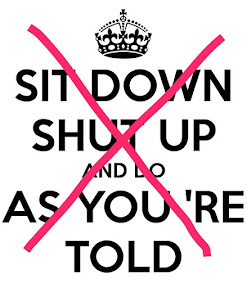 |
| Beware of generalizations that start with "every" or "all", as they are almost always wrong. |
A recent article on
io9 stated that climate change may make the
human population more religious. Why? Because when droughts and famines begin to affect global society, people will turn to propitiate their "gods" to make the suffering and privation go away. This article was greeted by usual comments from folks who are non-religious or post-religious that this trend was a bad thing, that the world needs less religion (not more), and that hopefully the suffering allowed by their "gods" would turn more people away from religion until there was no more religion, and we finally enter into the secular utopia long prophesied by the secular prophets of the Western Enlightenment.
OK, I may have added a little flourish there. But that was the gist. And if you dig past the veneer of "just the facts ma'am" on the surface of anti-religious claims about the good that can be brought about by secularism, you soon find a robust religious faith in an ideology that has borne little fruit in making the world a better moral place, despite all our technological advances. For instance, John Lennon wrote the secular Hymn "Imagine" which prophesied secular world peace and prosperity at a time when various secular regimes that "imagined no heaven" (such as China, Russia, Vietnam and Cambodia) were also engaged in various atrocities.
But my real problem is that this article assumes that the major (or only) reason to be religious is out of fear: To get a divine being to protect you from something you are afraid of, or to change something that is threatening you.


















